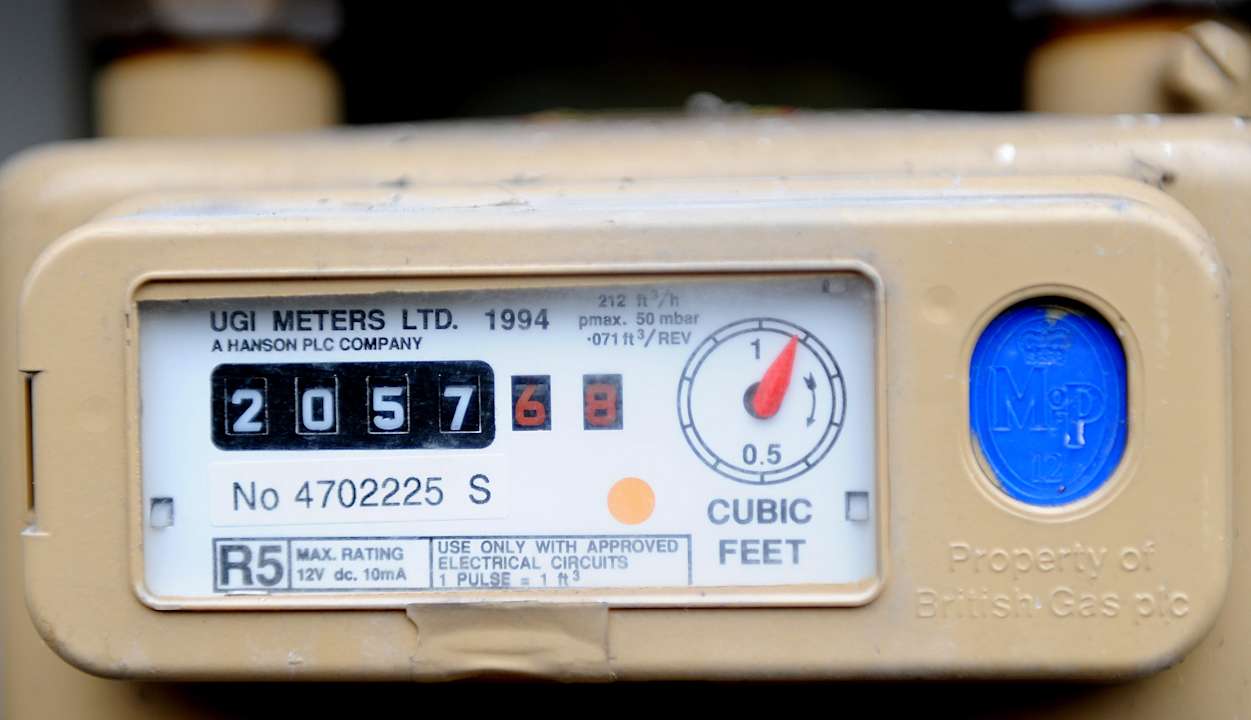Nine million households have been urged to send meter readings to their energy supplier as prices rise again, with a further 3% increase forecast for April.
On Wednesday, the average energy bill for households across England, Scotland and Wales has increased by 1.2% after Ofgem raised its price cap in response to wholesale prices.
The increase takes effect just as temperatures are set to plunge, and many face warnings of snow.
It also comes as analysts Cornwall Insight revised up their previous forecast of a further 1% increase to the price cap in April, now suggesting households will face an almost 3% hike.
Ofgem has urged customers to take advantage of increasing choice among suppliers and look for the best deal to help keep their bills down, saying households could save up to £140.
The price cap does not limit total bills, because householders still pay for the amount of energy they consume.
The latest price cap is 10% or £190 lower than a year earlier, and 57.2% or £2,321 less than during the energy crisis, which was fuelled by Russia’s invasion of Ukraine in February 2022.
But it comes as millions of pensioners are facing a winter with less support, after the Government decided to scrap winter fuel payments for those who do not receive pension credit or other benefits.
About 10 million pensioners will miss out on the payments of up to £300 this year.
Households on standard variable tariffs (SVTs) who do not have a smart meter should record and submit their gas and electricity readings as soon as they can to avoid paying for any more energy than they need to at the higher prices.
The difference between a week’s worth of energy at January’s rates compared with December’s is £6.67 for the average household.
Uswitch energy spokeswoman Elise Melville said: “If you leave it any later than this, then some of your December energy usage could end up being estimated and therefore charged under the higher January rates.
“Now is also an ideal time to look at switching to a new energy tariff, as there are a range of fixed deals currently available that are cheaper than the January price cap.
“By opting for a fixed deal, you’re locking in those rates for the duration – which means households could have price certainty and avoid the ups and downs of the price cap. Make sure you are happy with how long the contract lasts and any exit fees for leaving early.”
STV News is now on WhatsApp
Get all the latest news from around the country
Follow STV News
Follow STV News on WhatsApp
Scan the QR code on your mobile device for all the latest news from around the country
